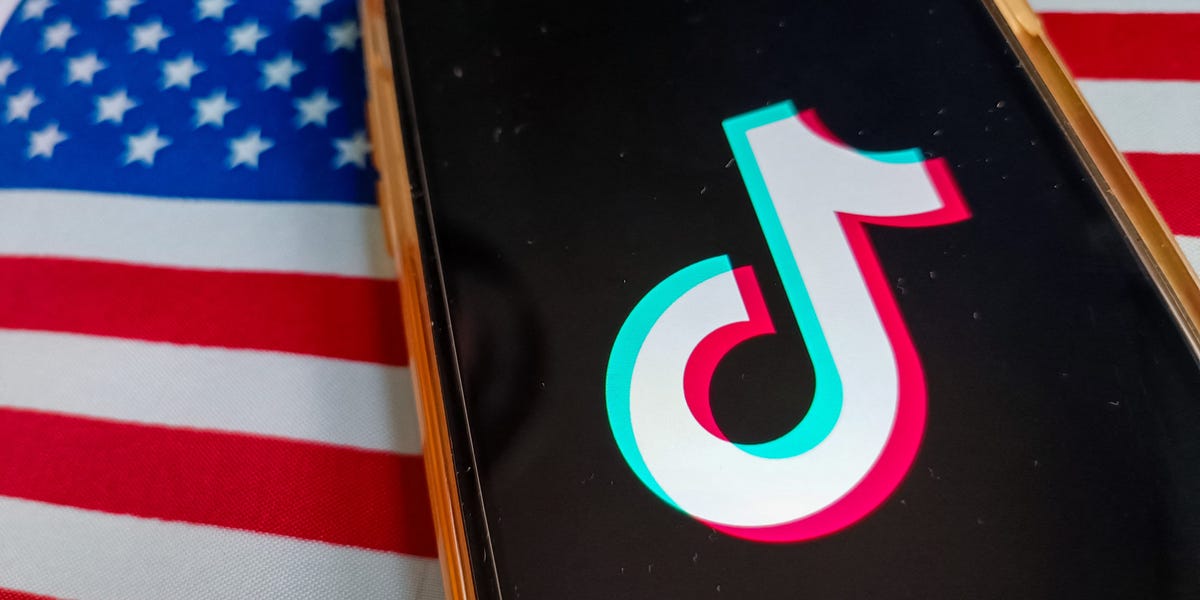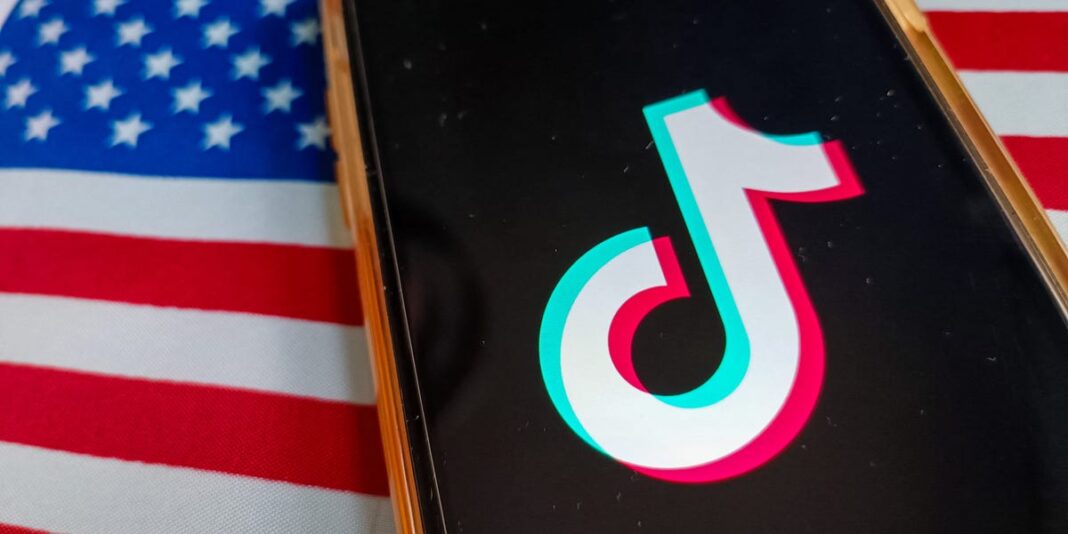“The Battle for Global Supremacy Plays Out in 60-Second Bites: Welcome to Trade War TikTok”
In a world where economic empires are built and broken over tariffs and trade agreements, a new battleground has emerged. One where the language is hashtags, the battleground is a scroll, and the outcome is decided in 60 seconds or less. We’re not talking about the halls of Congress or the negotiating tables of the G20 – we’re talking about TikTok, the social media platform where the world’s largest economies are engaging in a high-stakes game of economic one-upmanship.

Advice for Businesses Navigating Trade Wars

As the trade war between the US and China continues to escalate, businesses on both sides are feeling the impact. To mitigate the effects of trade wars, businesses must develop strategies for managing supply chains and costs.
One key approach is to stay informed about trade policies and their effects. This includes monitoring changes to tariffs, trade agreements, and other regulations that can impact business operations.
Businesses should also consider diversifying their supply chains to reduce dependence on any one country or region. This can involve identifying alternative sources of goods and services, as well as developing relationships with suppliers in different markets.
In addition, businesses should be prepared to adapt quickly to changing trade policies and regulations. This may involve adjusting pricing, inventory management, and logistics to minimize the impact of tariffs and other trade restrictions.
The Role of Social Media in Trade War Rhetoric
Social media platforms like TikTok are playing an increasingly important role in shaping public discourse on trade policy.
In the case of the US-China trade war, TikTok has become a key platform for businesses and individuals on both sides to share their perspectives and experiences.
Chinese manufacturers, for example, are using TikTok to promote the quality of their goods and to highlight the importance of their role in global supply chains.
Meanwhile, US-based businesses are using TikTok to express concerns about the impact of tariffs on their operations and to advocate for changes to trade policies.
Expert analysis suggests that social media platforms like TikTok are having a significant impact on public opinion and trade policy. By providing a platform for diverse voices and perspectives, social media is helping to shape the narrative around trade wars and their effects.
The Broader Implications of Trade War on TikTok
Global Trade and Economic Impacts
The trade war between the US and China has significant implications for global trade and economic stability.
As tariffs continue to rise, businesses and consumers around the world are feeling the impact. From higher prices to reduced economic growth, the effects of trade wars are far-reaching and complex.
Expert analysis suggests that the trade war could have a lasting impact on global trade patterns and economic stability.
TikTok is playing a key role in presenting trade war narratives and shaping public opinion on trade policy.
By providing a platform for diverse voices and perspectives, TikTok is helping to shape the narrative around trade wars and their effects.
Chinese Social Media and Trade War Rhetoric
Chinese social media platforms are also playing an important role in shaping public discourse on trade policy.
Platforms like Weibo and RedNote are being used to promote Chinese trade war narratives and counter-narratives.
Expert analysis suggests that Chinese social media is having a significant impact on public opinion and trade policy.
By providing a platform for diverse voices and perspectives, Chinese social media is helping to shape the narrative around trade wars and their effects.
The Future of Trade War Discourse on TikTok
As the trade war between the US and China continues to evolve, it is likely that TikTok will continue to play an important role in shaping public discourse on trade policy.
Expert analysis suggests that TikTok has the potential to influence trade policy and global economic stability.
By providing a platform for diverse voices and perspectives, TikTok is helping to shape the narrative around trade wars and their effects.
As the trade war continues to unfold, it will be important to monitor the role of social media platforms like TikTok in shaping public opinion and trade policy.
Conclusion
Here’s a comprehensive conclusion for the article “Welcome to Trade War TikTok – Business Insider” for Unionjournalism:
In conclusion, the emergence of Trade War TikTok underscores the evolving nature of global economic discourse. As we’ve seen, the platform has become a battleground for ideological debates, with users leveraging humor, satire, and creative storytelling to make sense of complex trade policies and their far-reaching implications. Through the lens of TikTok, we’ve witnessed the humanization of trade wars, with individuals from diverse backgrounds and industries sharing their personal experiences and perspectives on the issue. This phenomenon not only reflects the democratization of information but also highlights the critical role of social media in shaping public opinion and influencing policy decisions.
The significance of Trade War TikTok extends beyond the realm of entertainment, as it has the potential to sway public sentiment, inform policy decisions, and even influence the trajectory of international relations. As the global economy continues to navigate uncharted waters, the TikTok platform serves as a microcosm for the broader conversation around trade, globalization, and economic nationalism. By examining the trends, themes, and narratives that dominate Trade War TikTok, we gain valuable insights into the hopes, fears, and aspirations of a generation that will inherit the consequences of today’s trade policies.
As we look to the future, it’s clear that Trade War TikTok is more than just a fleeting phenomenon – it’s a harbinger of a new era in economic discourse, one that is more inclusive, more diverse, and more attuned to the complexities of the global economy. As the trade war rages on, one thing is certain: the voices of the TikTok generation will not be silenced. And as we continue to navigate the uncharted waters of the digital age, we would do well to remember that in the end, it’s not just about trade policies – it’s about the people, the stories, and the futures that hang in the balance.
